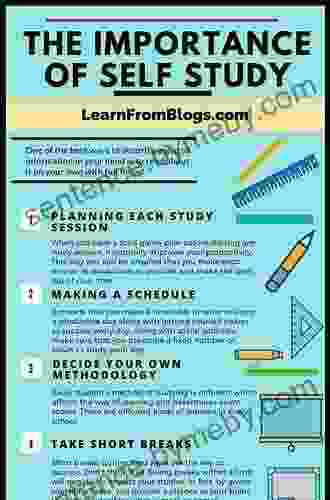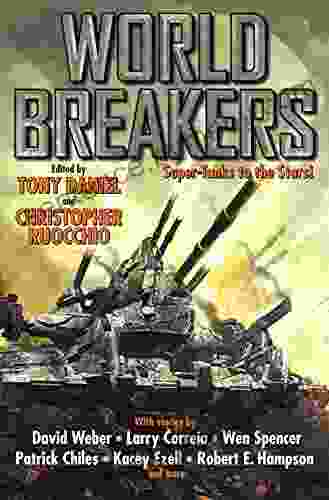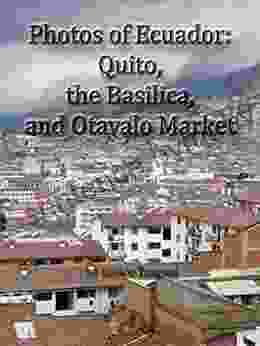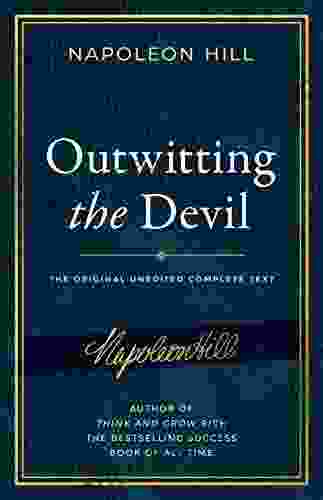Writing As Method For The Self Study Of Practice: A Revolutionary Approach to Teaching

4.6 out of 5
| Language | : | English |
| File size | : | 9025 KB |
| Text-to-Speech | : | Enabled |
| Screen Reader | : | Supported |
| Enhanced typesetting | : | Enabled |
| Word Wise | : | Enabled |
| Print length | : | 450 pages |
In the ever-evolving landscape of education, educators are constantly seeking innovative ways to enhance their teaching practices and foster meaningful learning experiences for their students. Writing has emerged as a powerful tool that can transform the way we approach teaching, enabling us to reflect on our practices, collaborate with others, and engage in deep critical inquiry.
This article delves into the transformative power of writing in teaching, exploring how writing can be used as a method for the self-study of practice and the self-study of teaching. We will uncover the benefits of written reflection, collaborative learning, and critical inquiry, and provide practical strategies for incorporating these techniques into your own teaching journey.
The Power of Written Reflection
Writing provides a unique opportunity for teachers to pause, reflect, and gain valuable insights into their teaching practices. By taking the time to write down your thoughts, observations, and experiences, you can:
- Identify areas for growth and improvement.
- Document your teaching strategies and their effectiveness.
- Gain a deeper understanding of your students' learning needs.
- Develop a more reflective and critical approach to teaching.
Regular written reflection can help you become more intentional and purposeful in your teaching, as you continually evaluate your actions and make adjustments based on your observations and insights.
Collaborative Learning Through Writing
Writing is not just a solitary endeavor; it can be a powerful tool for collaborative learning among teachers. By sharing your written reflections, lesson plans, and teaching resources with colleagues, you can engage in meaningful discussions, exchange ideas, and learn from each other's experiences.
Collaborative writing can lead to:
- Improved lesson planning and instructional strategies.
- A shared understanding of best practices and innovative teaching methods.
- Increased teacher collaboration and peer support.
- A more cohesive and supportive school culture.
By working together and sharing your written insights, you can create a vibrant and collaborative learning community that fosters professional growth and benefits both teachers and students.
Critical Inquiry Through Writing
Writing can also be a powerful catalyst for critical inquiry in teaching. By engaging in written analysis and exploration, teachers can challenge assumptions, question established practices, and develop new perspectives on their teaching.
Critical inquiry through writing can help you:
- Identify and address underlying issues and challenges in your teaching practice.
- Develop research-based and evidence-informed teaching strategies.
- Stay abreast of current educational research and best practices.
- Contribute to the broader field of education by sharing your insights and experiences.
By embracing critical inquiry through writing, you can become a more reflective, innovative, and research-oriented educator, constantly seeking to improve your teaching and make a positive impact on student learning.
Practical Strategies for Incorporating Writing into Your Teaching
Integrating writing into your teaching practice can be done in a variety of ways. Here are some practical strategies to get started:
- Keep a Teaching Journal: Dedicate a notebook or digital document to record your daily reflections, observations, and ideas.
- Write Lesson Plans with Purpose: Use written lesson plans to articulate your instructional objectives, teaching strategies, and assessment plans.
- Collaborate with Colleagues: Create shared online spaces or regular meetings for teachers to share written materials and engage in collaborative discussions.
- Participate in Professional Writing: Contribute to educational journals, present at conferences, or create online resources to share your teaching insights and engage in critical inquiry.
By implementing these strategies, you can harness the power of writing to transform your teaching practices, enhance student learning, and contribute to the broader educational community.
Writing is an essential tool for the self-study of practice and the self-study of teaching. Through written reflection, collaborative learning, and critical inquiry, teachers can gain valuable insights into their teaching, improve their instructional strategies, and foster a more reflective and transformative teaching practice.
By embracing writing as a method for self-study, you can embark on a continuous journey of professional growth, innovation, and impact. The transformative power of writing will empower you to become a more effective, reflective, and passionate educator, making a lasting difference in the lives of your students.
4.6 out of 5
| Language | : | English |
| File size | : | 9025 KB |
| Text-to-Speech | : | Enabled |
| Screen Reader | : | Supported |
| Enhanced typesetting | : | Enabled |
| Word Wise | : | Enabled |
| Print length | : | 450 pages |
Do you want to contribute by writing guest posts on this blog?
Please contact us and send us a resume of previous articles that you have written.
 Book
Book Novel
Novel Page
Page Chapter
Chapter Text
Text Story
Story Genre
Genre Reader
Reader Library
Library Paperback
Paperback E-book
E-book Magazine
Magazine Newspaper
Newspaper Paragraph
Paragraph Sentence
Sentence Bookmark
Bookmark Shelf
Shelf Glossary
Glossary Bibliography
Bibliography Foreword
Foreword Preface
Preface Synopsis
Synopsis Annotation
Annotation Footnote
Footnote Manuscript
Manuscript Scroll
Scroll Codex
Codex Tome
Tome Bestseller
Bestseller Classics
Classics Library card
Library card Narrative
Narrative Biography
Biography Autobiography
Autobiography Memoir
Memoir Reference
Reference Encyclopedia
Encyclopedia Jeff Margolis
Jeff Margolis Jamie L B Deenihan
Jamie L B Deenihan Jan Swafford
Jan Swafford Robert Lanz
Robert Lanz William Lee
William Lee Matt Patterson
Matt Patterson John L Plaster
John L Plaster James Mcneish
James Mcneish Jane E Miller
Jane E Miller Jasper Rees
Jasper Rees Kylie Day
Kylie Day Ken Browar
Ken Browar Jamie Morris
Jamie Morris Janet Lucy
Janet Lucy Violet Findley
Violet Findley James P Owen
James P Owen Paul H Brocklehurst
Paul H Brocklehurst Janice L Raymond
Janice L Raymond Jason Cordova
Jason Cordova Shasta Nelson
Shasta Nelson
Light bulbAdvertise smarter! Our strategic ad space ensures maximum exposure. Reserve your spot today!
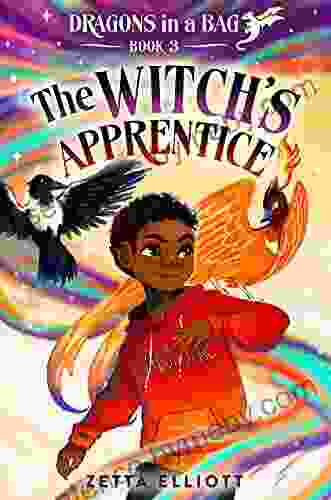
 Terry BellUnleash the Power of Magic and Dragons with "The Witch Apprentice: Dragons In...
Terry BellUnleash the Power of Magic and Dragons with "The Witch Apprentice: Dragons In...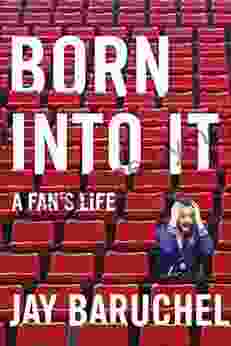
 Gustavo CoxBorn Into It Fan Life: Exploring the Deep-Rooted Connections Between Fandom...
Gustavo CoxBorn Into It Fan Life: Exploring the Deep-Rooted Connections Between Fandom... Gene PowellFollow ·10.8k
Gene PowellFollow ·10.8k Colt SimmonsFollow ·16.4k
Colt SimmonsFollow ·16.4k Elton HayesFollow ·3.4k
Elton HayesFollow ·3.4k Carlos DrummondFollow ·2.2k
Carlos DrummondFollow ·2.2k Arthur MasonFollow ·14.3k
Arthur MasonFollow ·14.3k Edward BellFollow ·19k
Edward BellFollow ·19k Fernando PessoaFollow ·16.7k
Fernando PessoaFollow ·16.7k Tim ReedFollow ·12.2k
Tim ReedFollow ·12.2k

 Franklin Bell
Franklin BellHow Businesses Can Thrive In The New Global Neighborhoods
The world is becoming...
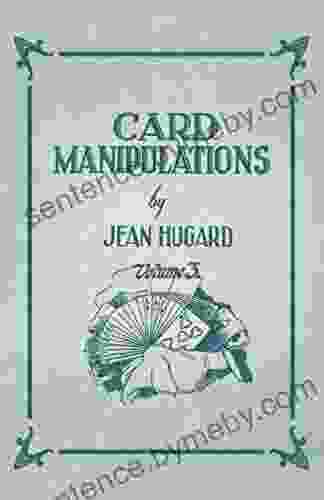
 Rob Foster
Rob FosterCard Manipulations Volume 1: A Masterclass in Deception...
Unveiling the...
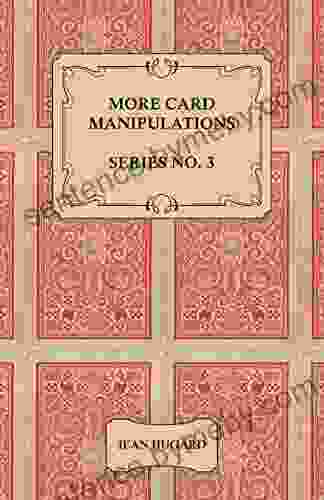
 Enrique Blair
Enrique BlairUnveil the Secrets of Card Manipulation: Dive into "More...
Step into the captivating world...

 Jamal Blair
Jamal BlairComedy Fillers 200 Quips One Liners Jean Hugard
Unlock the Secrets of...

 Chase Simmons
Chase SimmonsUnlock Financial Independence: A Comprehensive Guide to...
In a world where financial security seems...
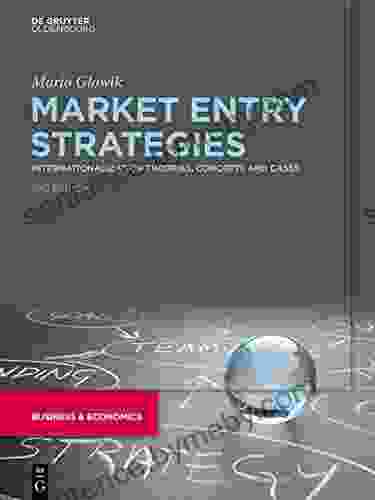
 Dion Reed
Dion ReedUnveiling Global Market Entry Strategies: A Comprehensive...
Global Market Entry Strategies:...
4.6 out of 5
| Language | : | English |
| File size | : | 9025 KB |
| Text-to-Speech | : | Enabled |
| Screen Reader | : | Supported |
| Enhanced typesetting | : | Enabled |
| Word Wise | : | Enabled |
| Print length | : | 450 pages |


